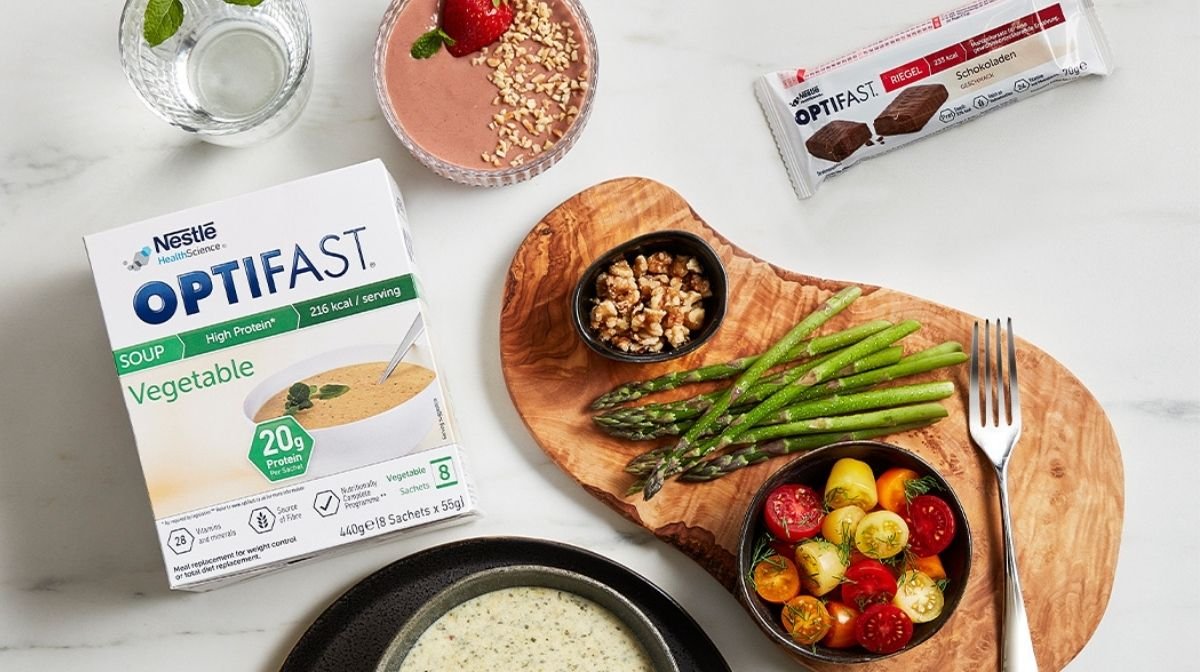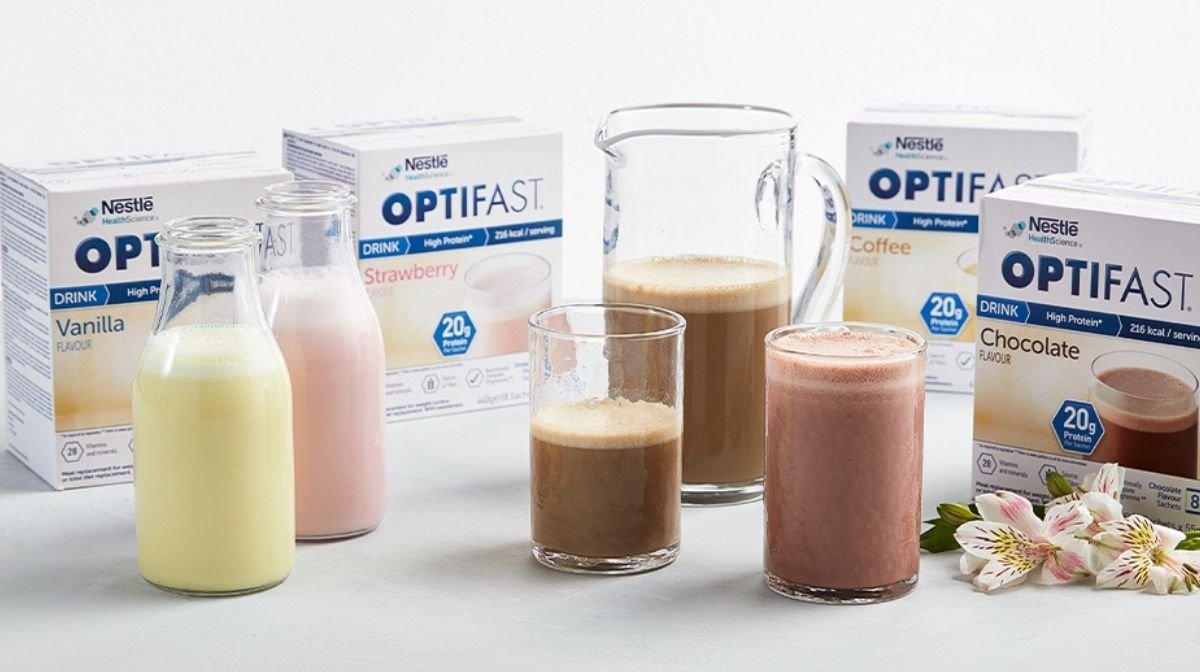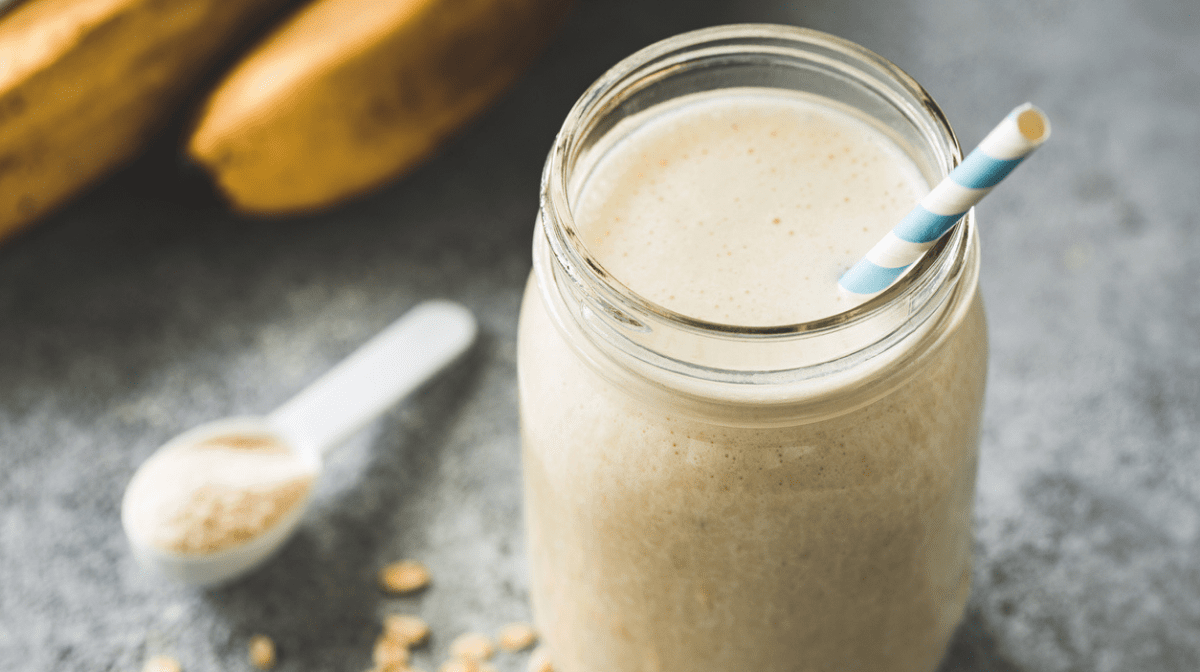When bored, upset, stressed, tired, or anxious, it can be easy to turn to food and eat your way through your emotions – even when you’re not hungry. This is what is known as emotional eating (also sometimes referred to as stress or comfort eating).
If you’re following a weight loss plan, emotional eating can disrupt your progress.
To help you combat emotional eating, we’ve put together this guide to help you identify what is emotional eating, the causes of comfort eating, and tips on how to stop emotional eating so you can stay on track to reach your weight loss goals.
What is Emotional Eating?
Emotional eating is also commonly known as stress or comfort eating. It’s a coping mechanism that some people have as a way to deal with their emotions.
Whether you’re suffering from heartbreak, work stress, or just simply want to distract yourself from boredom, emotional eating is an unhealthy way some people have learned to use to meet their emotional needs, not necessarily physical needs.
What Causes Emotional Eating?
There are many factors that can cause or trigger emotional eating. The most common causes include:
- Stress
- Hormone imbalances
- Anxiety
- Boredom
- Fatigue
- Relationship problems
Why Comfort Food Doesn’t Make You Happy
With your favourite snacks being labelled as ‘comfort’ food, we can only assume this makes us happy – right? Yes, but only temporarily.
For many, emotional eating brings a sense of comfort and helps to alleviate any negative emotions that you’ve encountered throughout the day. When you eat, your brain releases dopamine, which helps to relieve stress and promote feelings of calm throughout your body.
However, it’s important to recognise that regardless of your reasons for emotional eating, you’re no longer eating to satisfy your hunger needs – you’re eating to satisfy your emotional needs. Although this might help to elevate your emotions at the time, emotional eating often results in feelings of guilt afterwards and cause you to develop a bad relationship with food.
Continuing with a pattern of emotional eating can potentially cause you to lose control of your weight loss, which can further inflict negative self-image feelings and cause further stress when you’re on a weight loss journey.
How to Stop Emotional Eating
Breaking free from emotional eating isn’t easy, so it is important to take the time to recognise different ways to overcome your emotions, instead of turning to food, and give yourself the chance to respond differently to those impulses.
Here are a few things to try to help you stop comfort eating and emotional overeating:
1. Mindfulness
Whenever you’re feeling overwhelmed, instead of reaching for your favourite snack, try practicing mindfulness as an alternative. Not only can it help to relax your mind and alleviate any stressors, but also help you to identify whether you’re actually hungry or just looking for something to distract you from your emotions.
2. Journaling
Writing down your emotions and addressing how you’re feeling is a great way to avoid emotional eating. Instead of reaching for food after a stressful day or when you’re feeling bored, grab a pen and face your emotions head-on by writing them down in a journal.
3. Get Outdoors
Getting some fresh air and your body moving can help to boost your endorphins and provide a distraction from emotional hunger. You don’t need to do anything strenuous – a simple, gentle walk can help you put your emotions aside and give you time to understand whether you need food for energy or just want to eat for comfort.
Discover more suitable exercises that you can do while following a weight loss plan to help distract you from emotional eating:

The Best Exercises for Losing Weight
What are the best exercises for losing weight? Let's take a look...
4. Try Healthier Alternatives
When feeling emotional, the food you crave is most likely to be unhealthy comfort food, such as chocolate, biscuits, and crisps. If you’ve already tried the methods above and still end up snacking, but are not hungry, try eating some of these healthier snack alternatives:
- Strawberries
- Rice cakes
- Sliced Peppers
- Carrot Sticks
- Hummus
These healthier snacks can satisfy your emotional needs guilt-free and can help you to remain on track with your weight loss plan.
For those following an OPTIFAST diet plan, curb your physical hunger by drinking water between your meal replacement products.
The range of delicious OPTIFAST Bars are a perfect meal replacement to take with you whenever you’re on the go. Available in five tasty flavours, these meal replacement bars provide you with the perfect balance of fibre and protein that will satisfy your sweet tooth and emotional cravings at the same time, all while remaining on plan.









